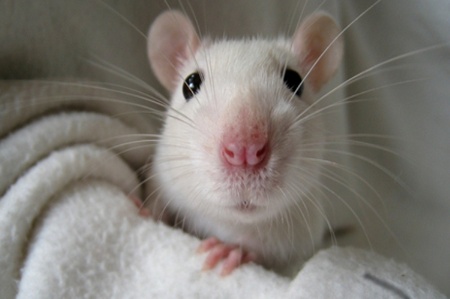A new agreement to improve transparency about the use of animals in research has been launched.
The Concordat on Openness, launched today by the charity Understanding Animal Research, has been signed by 72 scientific organisations, including universities, charities, research councils and learned societies.
Signatories must be clear on how, why and when animals are used in research. They will also pledge to be open with the media and the public about the benefits, harms and limitations of animal research, and about its impact on animal welfare. They should also offer realistic information on the potential outcomes of the research, it says.
But the British Union for the Abolition of Vivisection said that the agreement did not go far enough to disclose the details of experiments.
Michelle Thew, chief executive of the BUAV, said that “effective scrutiny” of the way animal experiments are carried out and regulated is “impossible” under the current system.
Wendy Jarrett, chief executive of Understanding Animal Research, said that for many years the only information available to the public about animal research came from “organisations opposed to the use of animals in scientific progress”.
“This is why many people still think that animal research means testing cosmetics and tobacco, despite the fact that these have been banned in the UK for more than 15 years.”
She added: “The concordat is an excellent opportunity to dispel these myths and give the public a chance to see the ground-breaking research that is being done on its behalf.”
But Ms Thew said that if animal researchers were “serious about favouring greater openness” they should lobby to get rid of section 24 of the Animals (Scientific Procedures) Act 1986.
This currently “prevents” the government from disclosing “most information” about animal research, she said.
Earlier this month, the government launched a consultation on changing section 24 to allow the Home Office to release more information on the animal experiments it has licensed. Ms Thew said this showed that the government was “one step ahead” of those involved in the concordat.
“Only with information can there be informed debate… If genuine openness is what the concordat wants, then we call on the signatories to back the removal of section 24,” she added.




